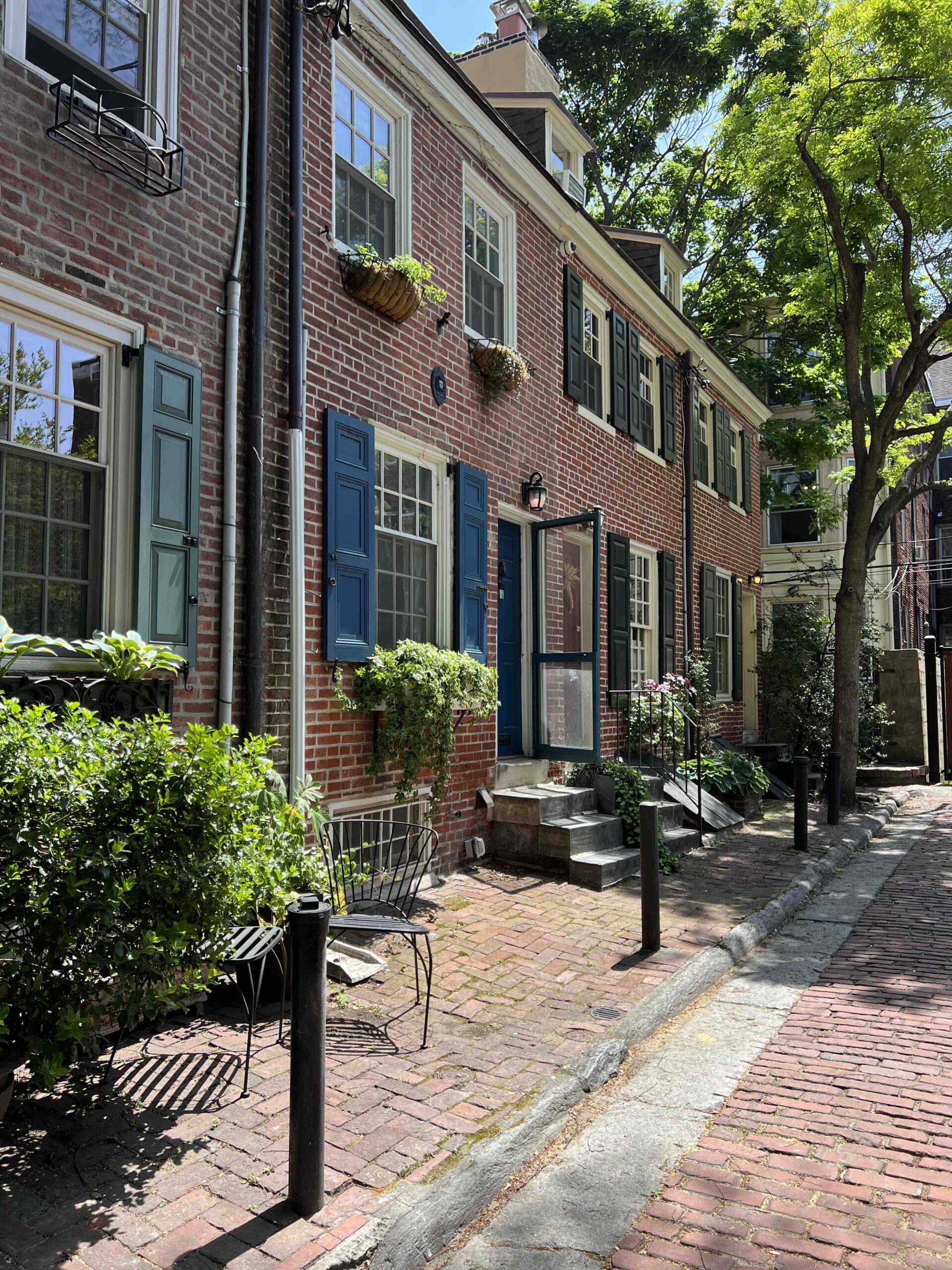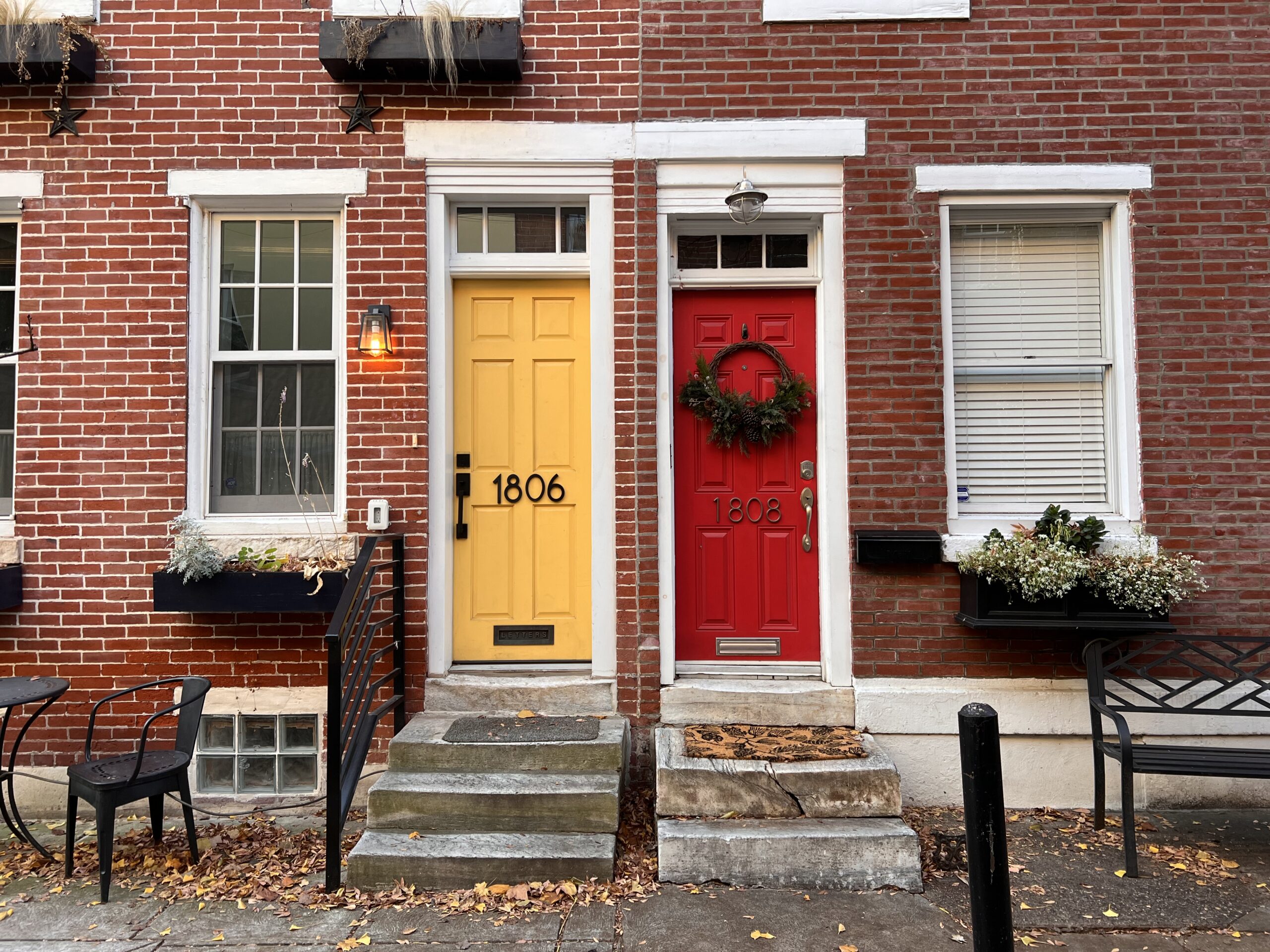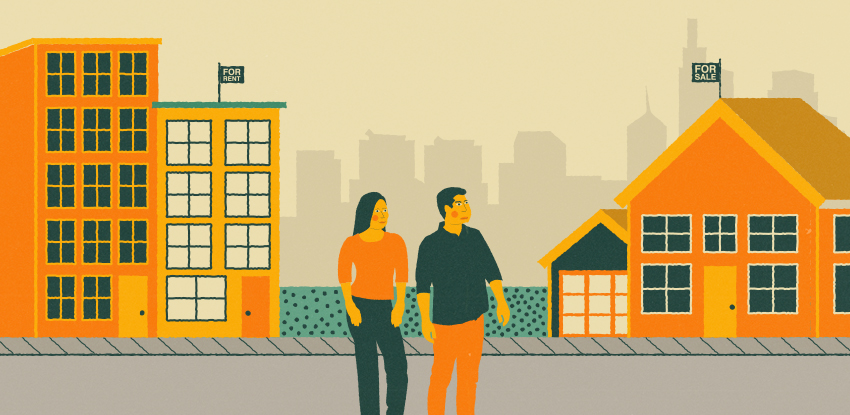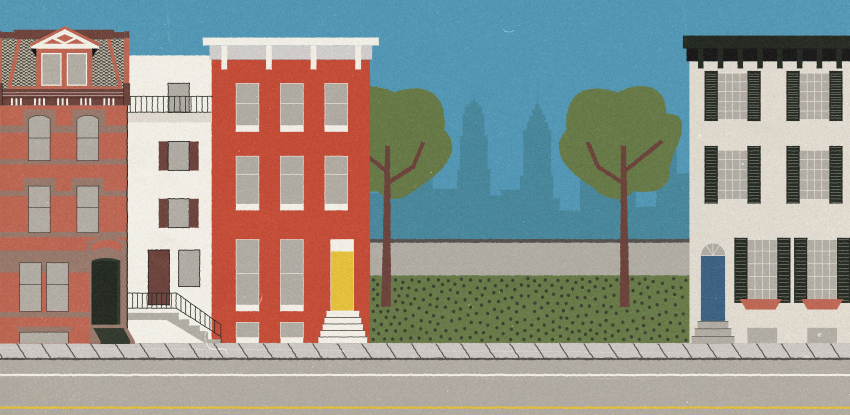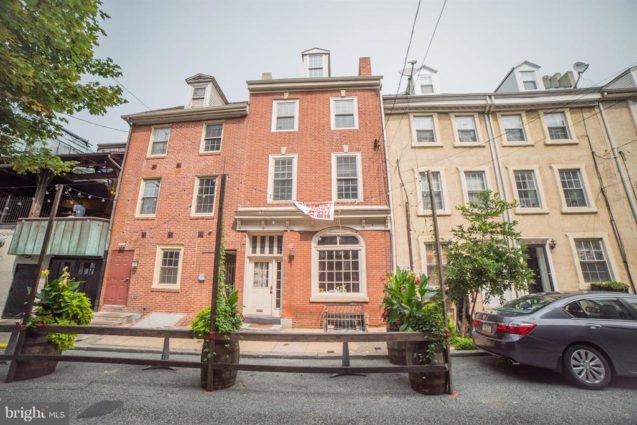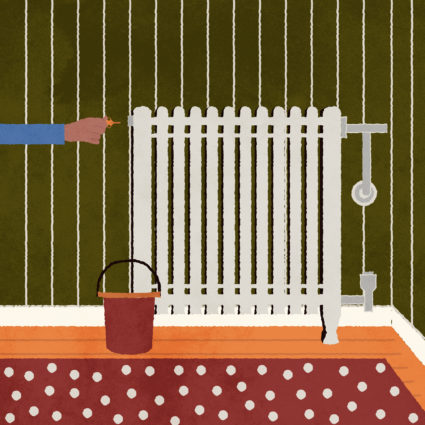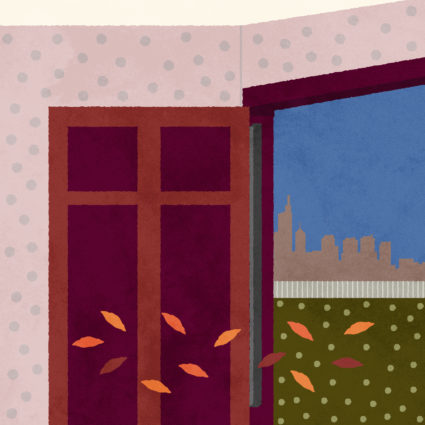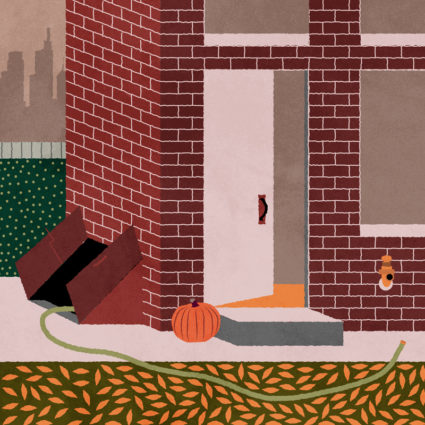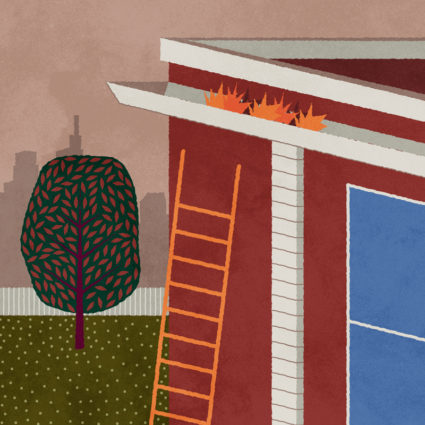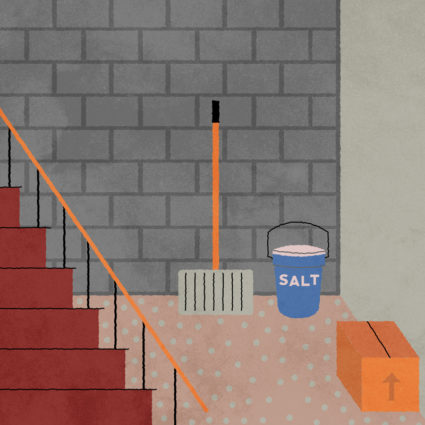Get a head start on finding the home of your dreams in the New Year! January and February are the ideal months to research the market, define your priorities, set a budget, and be ready to spring into action when availability blossoms in the Spring. We want to share insider tips on navigating Philly’s real estate market.
Timing is everything. It’s no surprise that housing prices tend to be lowest in January, as well as inventory availability. Both are at their highest come April. But that doesn’t mean you should wait until Spring to begin researching prices, locations, and availability.
If you are a first-time buyer, you want to focus on your ability to secure a mortgage first. Without that first step, going to open houses is like asking to see the menu in restaurants where you can’t afford the tab! Another reason to line up a mortgage first? You want to know how much house you can afford before you start to look.
According to Realtor.com, the median sale price of a Philly home was $260K and the median listing price was $270K in November 2024. However, Zillow reports that the average home value in the Philadelphia-Camden-Wilmington area stands at $343,102. When you think about price, think of location. While there are row houses in an affordable price range in Pennsport, Greys Ferry, and West Philly, prices are higher closer to Center City and in trendy neighborhoods such as Fishtown, Kensington, and East Passyunk. If you work remotely, the best values are just outside Center City where you can get more houses (and yards) for your money such as Lansdowne, East Falls, Germantown, Roxborough, etc. For instance, a BelLa Vista 3 bed, 3.5 bath home with a roof deck and yard is asking $739,900 while the median purchase price in Roxborough is $249,267.
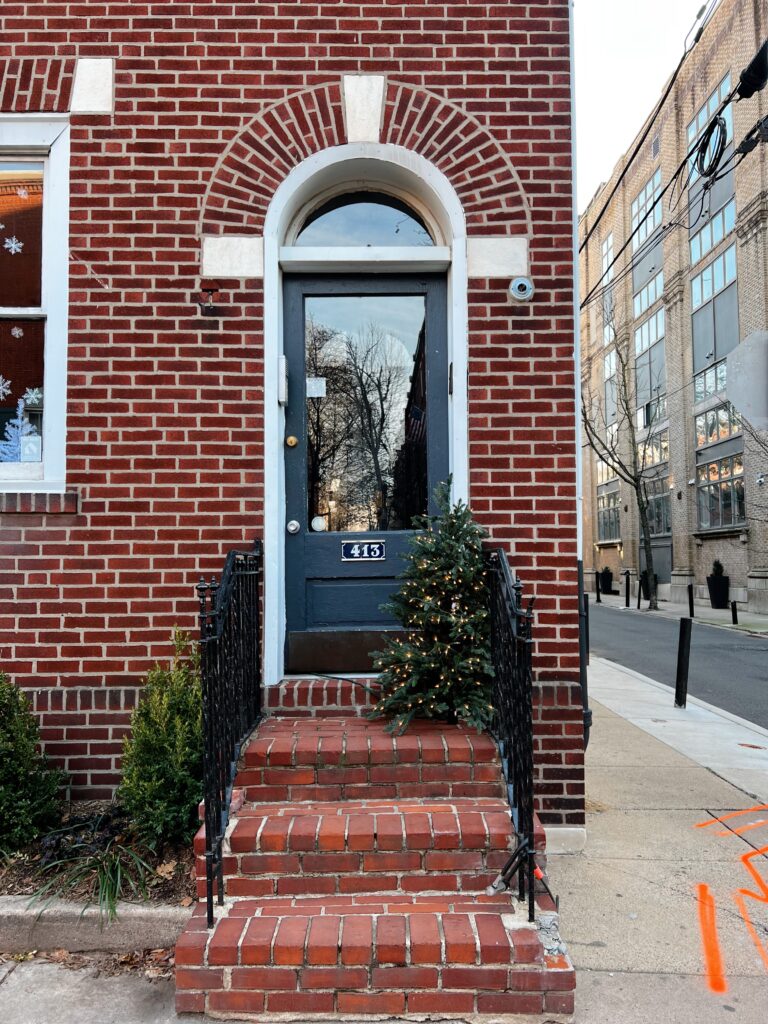
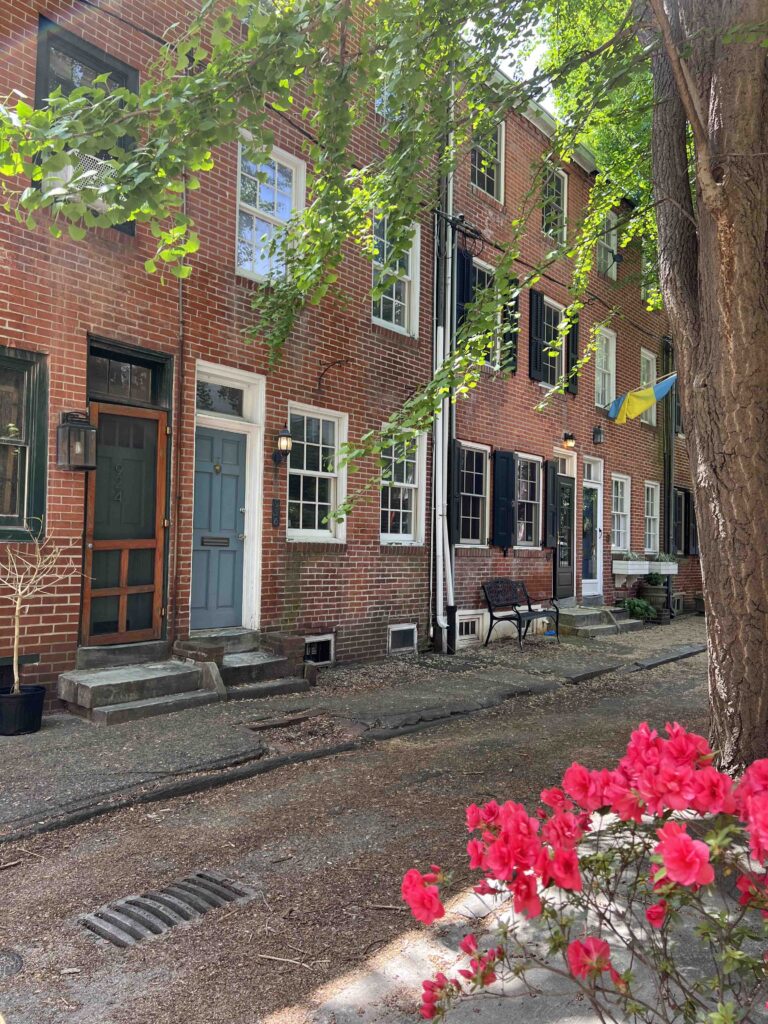
Once you know how much house you can afford, cast a wide net to start. Look at listings in various neighborhoods. If you are unfamiliar with an area, go there during the day, at night, and also on weekends to get a feel for the community. Is it quiet, noisy, well-lit, or dark? Engage homeowners in conversation.
On the other hand, if you are currently renting in a neighborhood you love and are ready to buy, you’ve saved a lot of time. In Philly, the cost of renting is higher than the cost of buying a home (and building equity).
Knowing what kind of community you prefer is key. Condo owner Stephen Tenner moved here from Brooklyn. “I made my way specifically to West Mt. Airy. It has a progressive, liberal feel just like Park Slope where I lived. I love the old houses, Weavers Way Coop, and that it’s interracial and inclusive. Wissahickon Park is nearby and I walk miles every day.” When he doesn’t want to walk, a SEPTA train station is around the corner.
Howard Silver, on the other hand, has no regrets about his two-bedroom condo at William Penn House. “Everything I want is here. Di Bruno’s is across the street. Rittenhouse Square is a block away. I walk to the Kimmel, Wilma, and Suzanne Roberts. What’s not to like?”
Before you talk to a realtor, make a list of your priorities. What are some musts and what are some things that would be a nice-to-have?
- Number of bedrooms and bathrooms
- Garage or off-street parking
- Roof Deck
- Energy-efficient appliances or sustainability features
- Yard
- Access to Public Transportation
- Walkability
- Closeness to dog parks, schools, eateries, cafes, etc.
- A fixer-upper or in perfect condition?
Remember, not every house will be “staged” like a reality TV show! Unless you are looking only at newly renovated, unfurnished homes, be prepared for furnishings, rugs, and light fixtures that may not be your style. Or a bathroom that reminds you of your grandmother. The ability to re-imagine the house with the changes you require (and their cost) will save you money and time.
The City of Philadelphia’s Philly First Home Program offers a grant of up to $10,000 (or 6% of home price) to help first-time, home buyers with down payments and closing costs. You may also ask your lender about state grant programs.
Rather than chatting with mortgage lenders or Nerd Wallet on your cellphone, start with a financial institution with which you have a relationship. That could be your credit union or bank. They will walk you through your options, including conventional mortgages, VA mortgages, FHA Home Loans, and USDA Mortgages. They will also introduce you to mortgage calculators.
For instance, current mortgage rates in Philadelphia, PA are 6.692% for a 30-year fixed, 5.785% for a 15-year fixed, and 7.164% for a 5-year adjustable-rate mortgage (ARM).
Finally, working with a qualified real estate agent – one who knows the neighborhoods that interest you – will make the process of buying your first or second home easier. Reach out to one our agents to get started!

